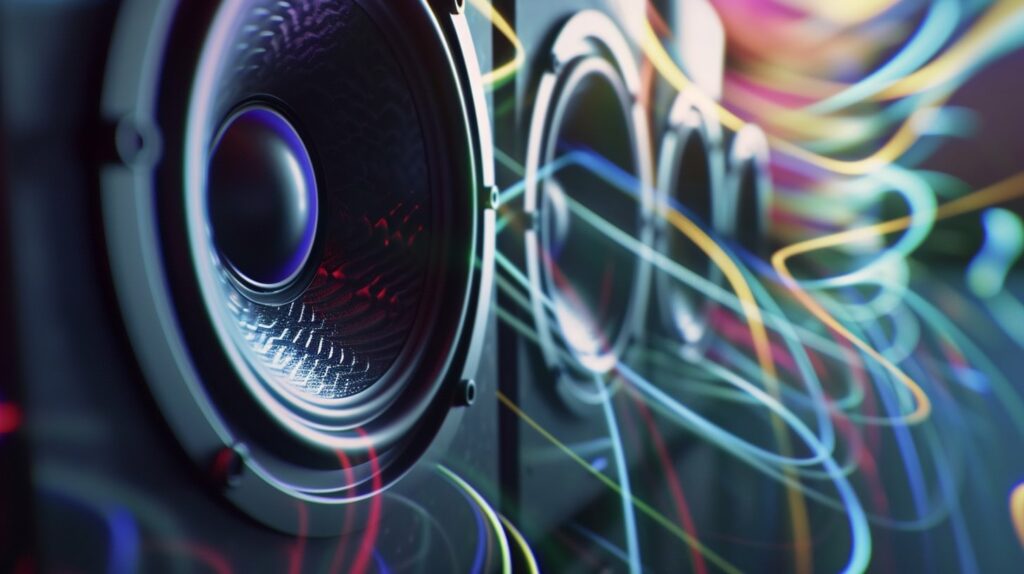Have you ever noticed that sometimes music seems to play slower than usual? This phenomenon, where the tempo of a song appears to change, depending on when it’s played, has intrigued listeners and scientists alike.
In this post, we’ll explore the reasons behind this curious auditory experience.
The Role of Perception in Music Tempo
Psychological Factors
Our perception of time is not constant; it can be influenced by various psychological factors. When we’re bored or disengaged, time seems to drag, making music appear slower. Conversely, when we’re fully engaged or excited, time flies, and so does the tempo of the music.
Emotional Connection
The emotional connection we have with a piece of music can also alter our perception of its speed. A song that evokes strong emotions, be it joy, sadness, or nostalgia, can seem to play at a different tempo because our emotional state affects our time perception.
Physiological Influences
Brain Processing Speed
Our brain’s processing speed can impact how we perceive music tempo. Factors like fatigue, age, and even certain medications can slow down our brain’s processing abilities, making music appear slower.
Hearing Changes
As we age, our hearing can deteriorate, particularly at higher frequencies. This change in hearing ability can alter our perception of music’s tempo, as we may miss certain beats or rhythms that cue us to the song’s actual speed.
Environmental and Contextual Factors
Acoustic Properties
The environment in which we listen to music can significantly affect our perception of its tempo. Acoustic properties like reverberation, echo, and sound clarity can make a song sound different in various settings.
Familiarity with the Song
Our familiarity with a song can also play a role. When we hear a song for the first time, we’re actively processing all its elements, which can make it seem slower. As we become more familiar with the track, it tends to feel faster.
The Influence of Substances on Music Tempo Perception
The Impact of Cannabis
Substances like cannabis (marijuana) can have a profound effect on how we perceive the tempo of music. Cannabis is known to alter time perception, often making seconds feel like minutes.
This distortion can make music seem to play much slower than its actual tempo. The psychoactive components in cannabis, particularly THC, affect the brain’s internal clock, leading to this slowed perception.
Other Substances
Similarly, other substances, including certain psychoactive drugs and alcohol, can also impact time perception. They may slow down the brain’s processing speed or alter our emotional and sensory experiences, contributing to a change in how we perceive the speed of music.
Conclusion
The perception of music tempo being slower or faster is a complex interplay of psychological, physiological, and environmental factors. Understanding these elements helps us appreciate the unique ways our minds and bodies interact with the music we love.
Next time you feel a song is playing slower, consider the factors at play – it’s a fascinating insight into the workings of our perception.
